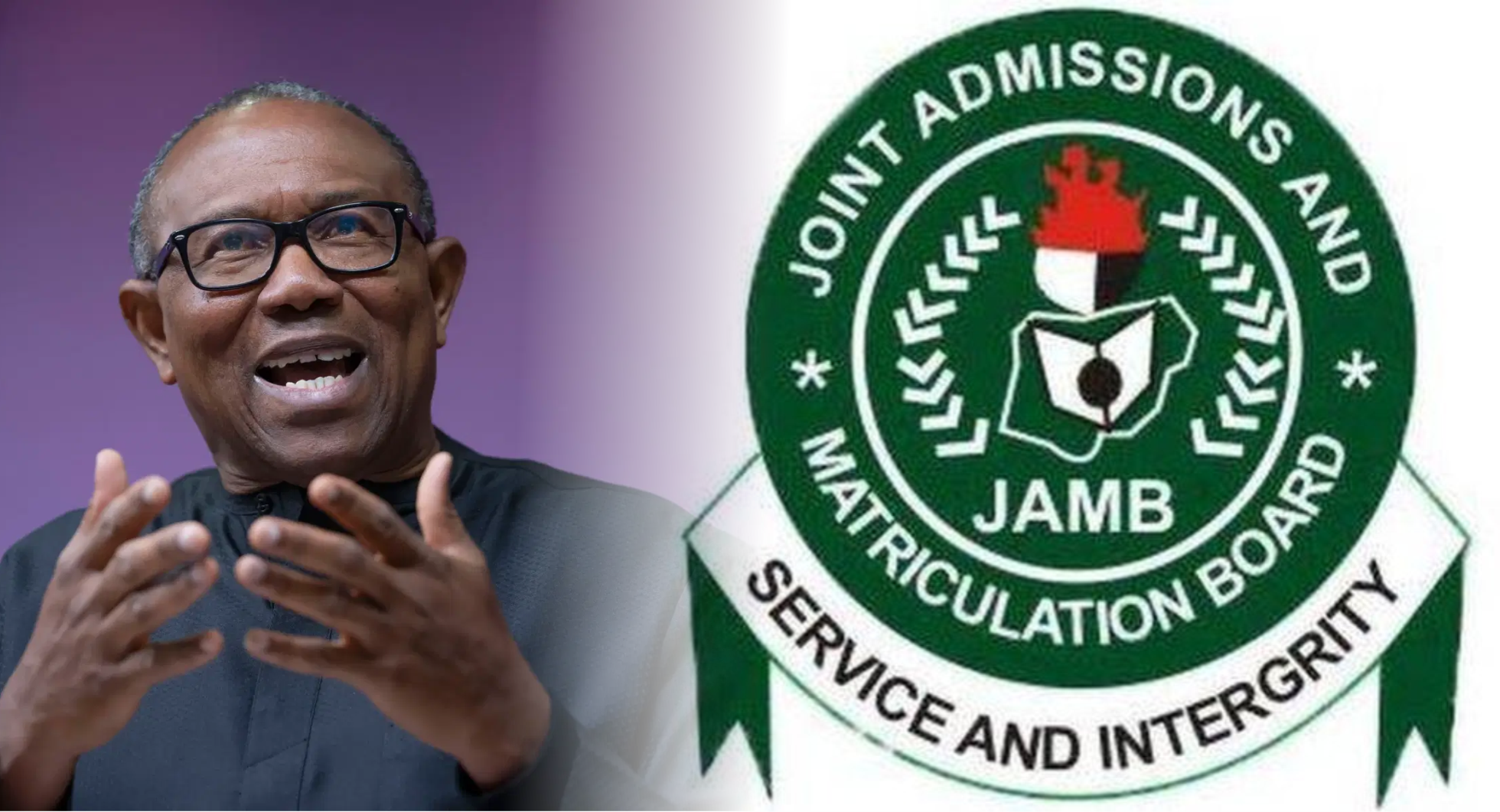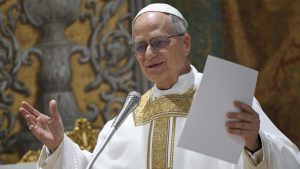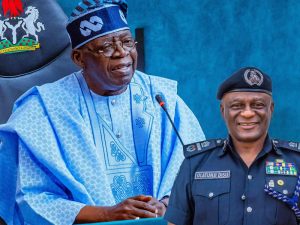The Joint Admissions and Matriculation Board (JAMB) has responded to criticisms from the former Labour Party presidential candidate, Peter Obi, regarding the early arrival time required for candidates writing the Unified Tertiary Matriculation Examination (UTME).
Obi had raised concerns on Sunday via a post on X (formerly Twitter), condemning the requirement for candidates—many of whom are teenagers—to report at examination centres as early as 6:30 am. He described the arrangement as “reckless,” citing reports of accidents, missing candidates, and exposing young students to danger. Obi linked the situation to broader failures in Nigeria’s educational investment, emphasizing the risks of transporting vulnerable youths across distant locations at odd hours.
“Setting exams for vulnerable teenagers as early as 6:00 AM while transporting them across far-flung locations is reckless,” Obi stated. “Reports are emerging of students getting into accidents, losing their lives, or going missing. Who takes responsibility for these tragedies?”
In response, JAMB clarified that although candidates are expected to arrive by 6:30 am, the actual examinations begin at 8:00 am. The board explained that the early arrival time is set to accommodate verification and clearance procedures, ensuring smooth conduct of the exams and preventing disruptions caused by late arrivals.
Addressing Obi directly through its official X handle, JAMB said, “Your Excellency, our examination is scheduled to commence at 8:00 am, not 6:00 am. While verification and other clearance processes begin at 6:30 am, it is imperative that candidates are afforded adequate time to settle in before the exam begins.”
The board added that the structured timeline accounts for the typical tendency of late arrival among Nigerians when timings are not strictly enforced, stressing that preparation time before examinations is crucial for candidates’ best performance.
Parents had earlier voiced similar concerns about the early start, particularly for candidates assigned to centres far from their homes, highlighting security and logistical risks.
Peter Obi used the situation to call for urgent investment in Nigeria’s educational infrastructure, pointing out that the country’s Gross Enrollment Ratio lags behind global averages. He urged for the expansion of universities and examination centres, comparing Nigeria’s system unfavourably with that of countries like Indonesia, to make education safer and more accessible.









